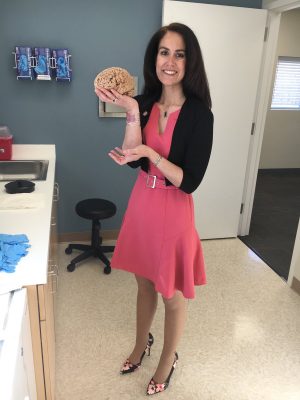Responsible for all inpatient care, developing the individualized plan of care for each member throughout their stay at the Center, Medical Director Dr. Abby Morris offers her perspective on helping the fire fighters and paramedics who put their lives on the line every day helping others.
Fire fighters are intensely caring human beings, says Morris, who notes they are also intensely private in many ways. “They are the caregivers; they don’t want to have care,” she explains, adding that it makes it difficult sometimes to break down the barriers to have a really open, raw conversation.
Fire fighters treated at the Center may have tried speaking with someone in their EAP, had an outpatient therapist, or tried medications – without much success. “Being with other fire fighters helps members step up to the challenge of talking about what they have experienced because there is an immediate sense of acceptance and understanding,” says Morris.
The level of immediate understanding and acceptance is important. “We are asking people to delve into things that they may have tried to discuss with others or a therapist, trying to explain what it’s like to be a fire fighter. They don’t feel understood — not by their family, not by their community, not by therapists,” says Morris. “They come here and can feel comfortable talking about what they’ve been through because they know that the others here are going to get it.”
One of the things Morris loves most about working with fire fighters is that when they come to the Center for treatment, it’s for the right reasons. “When they want to be here – when they want help – they work harder at getting well than most patients that I have ever worked with,” she says.
In her many years working in mental health, Morris says no one is more grateful than fire fighters. “The way they express gratitude when they feel better is indescribable,” she says. “They come in looking so broken and when they leave they have that sparkle. When someone feels good and can express gratitude, I think that is a huge sign of wellness.”
Morris worries about what happens when members go home after treatment. “It’s easier to be well here. It’s easier to be sober here,” she says, which is why developing resilience for what they’ll be facing when they go home is such a big part of treatment. She describes it as building the foundation for a new home. “They come here so they can focus on themselves, so they can be better husbands, wives, partners, parents, sons, daughters, community members. They come here to take care of themselves, so they can take care of others.”





